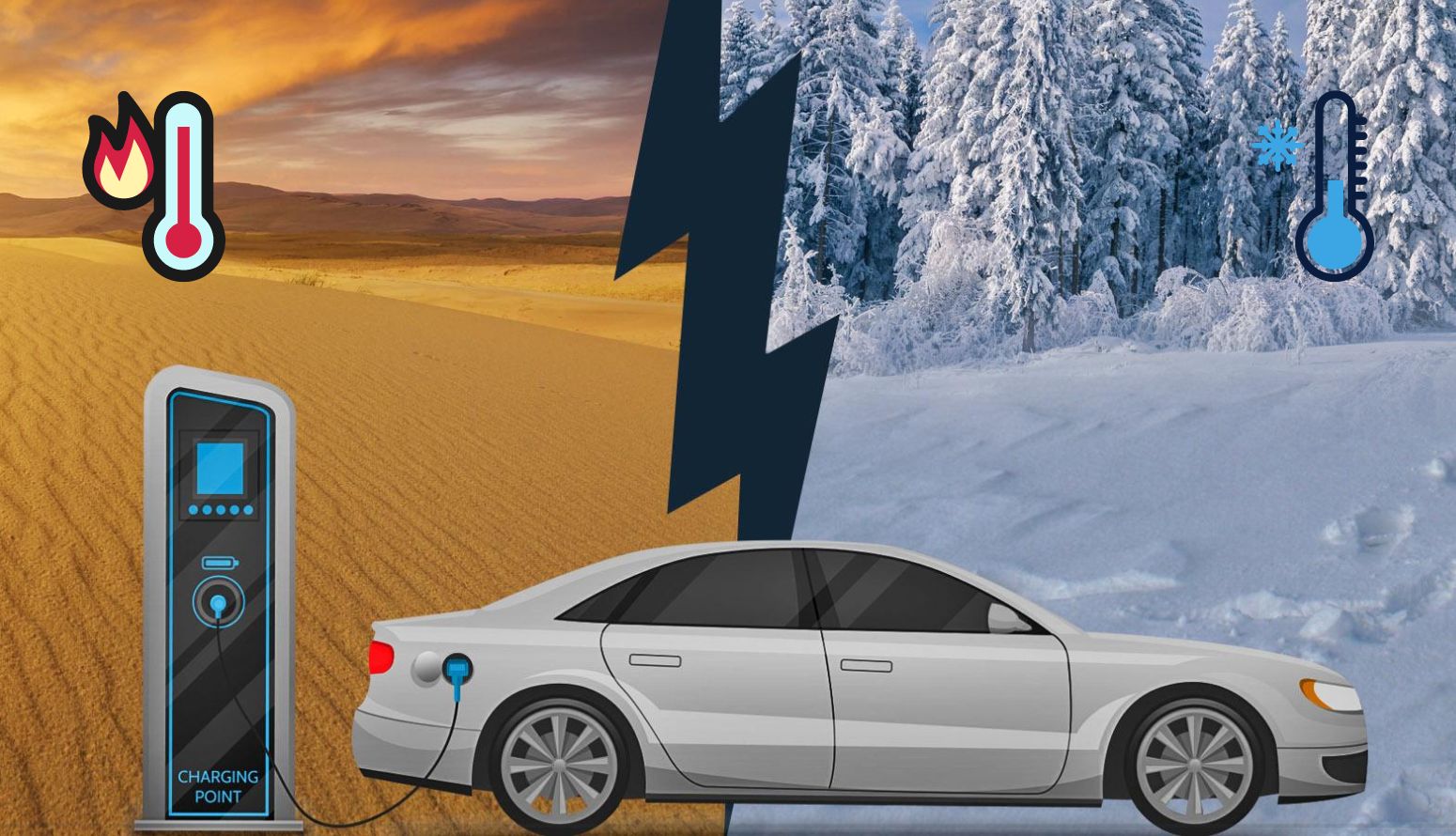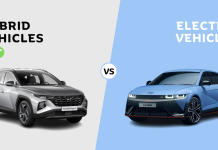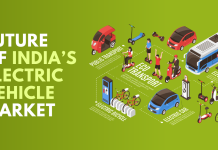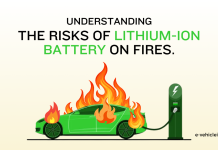
We compare the performance of our vehicle to the outside temperature and weather conditions. Finding out the output our vehicles are giving when operated in a particular condition. According to the Society of Manufacturers of Electric Vehicles (SMEV), as of 2021, 2,36,802 Electric Vehicle (EV) units were sold in India.
That’s why it’s more important to understand how the weather affects your EV.
You must be curious about EVs as well as their functioning. To give you the best answer regarding the relationship between temperature and range, we have included four weather conditions namely winter, summer, and rainy.
Before we begin, keep in mind that the range a car claims is determined by standardized testing on a dynamometer at a testing center. However, like gas cars, EVs behave differently in real-world conditions depending on topography, the number of passengers, speed, driver actions, and weather. All these elements affect the effectiveness of the vehicle and thus, its range.
Table of Contents
Different Weathers Conditions & their Impact
You might have observed that the battery life of your electronic gadgets varies quite a bit if you frequently used them in either excessively hot or extremely cold settings.
Additionally, rapid charging frequently appears to be less efficient, and charging is slower in general. EVs also fit under this category. Extreme temperatures not only impair the battery life of your car but also reduce its range.
This is due to a single, obvious explanation. Chemical reactions produce energy for lithium-ion batteries. Heat alters the rate at which these chemical reactions take place, frequently upsetting the exact equilibrium created inside battery units. For this reason, the majority of EV battery units incorporate battery management systems that work to maintain a constant temperature.
Cold Weather Conditions
EVs can lose 10 to 12 percent of their range while driving in below-freezing temperatures, according to research from the American Automobile Association (AAA), a non-profit organization of car clubs in North America. The range can be drastically reduced by 40% if climate control is used inside the vehicle.
Depending on the make and model of an EV, charging time can be extended by up to 400% at similar conditions.
While these modifications are momentary, charging EV batteries—or any lithium-ion batteries—when they are below freezing might result in long-term battery degradation because the slower mobility of lithium-ions causes lithium to build up at the anode. Most contemporary BMS thaw battery devices to a temperature over zero before beginning the charging operation.
Hot Weather Conditions
At the opposite end of the temperature range, lithium-ion batteries also have trouble in extremely hot conditions. This is due to the fact that “unwanted” battery reactions are now happening more quickly, which reduces a battery system’s range and longevity.
Avoid charging at higher temperatures as they hasten the creation of the Solid Electrolyte Interphase and result in severe battery degradation by damaging the anode due to increased diffusivity (SEI).
Read also: Effect of DC Fast Charging Rates on the Battery Life of Electric Vehicles
The chemical makeup of the battery, the BMS, the physical characteristics of the battery, etc., are just a few of the variables that affect these threshold temperatures at either end of the spectrum. For more information on the safe operating and charging temperatures for their vehicles, EV users should carefully study their owner’s manual.
It’s not all bad news, though, as your EV will frequently be “overperforming” if it’s running at the ideal temperature (20°–21°C).
Summary
Range loss is inevitable; don’t worry; just be aware. Range loss has been less of an issue with the new EV models as battery sizes increase. Greater capacity has no effect on the majority of daily journey requirements, and the infrastructure for charging continues to develop for the sporadic road trip. Knowing how far you need to go each day will help you select the ideal vehicle for you or your fleet.






